They told us the age of superheroes was ending. But James Gunn’s Superman (2025) just proved it’s not over—we just forgot why it began in the first place.
A week or so after I saw James Gunn’s Superman, I stopped by the Forbidden Planet Megastore in London to pick up the latest Absolute Batman comic (which I’ve been following religiously). Once I arrived downstairs, waiting impatiently for the crowded bottleneck to disperse, I had to do several double takes.
I took my headphones off, stepped back, and watched the masses flock to the ‘Superman’ section.
People waited impatiently for their turn at the ‘S-themed’ comic book shelves. Solo shoppers stood with arms full of superbooks. A girl asked her boyfriend which Superman story she should start with. Heck, the store even made an announcement asking customers to decongest the area and move upstairs!
That’s when I realised that people weren’t just tweeting about this movie or using the theme song in their reels. They were actually looking for its roots in physical media.
They were reading (reading!!) the legend that was set down over the last century.
I saw young kids, college-aged students, and parents. There was even an older guy in a business suit, flipping through Grant Morisson’s All-Star Superman, ignoring the fact that his break was ending in 10 minutes.
In an age where superheroes have become commodities and products on assembly lines and release schedules, this experience feels… rare. It feels important.
It feels like people actually care about this movie
In a decade ruled by short-form content and social media, seeing people go to an honest-to-god comic book shop and buy armfuls of trade paperbacks was a genuine shock to me—a really, really good one. I couldn’t wipe the smile off my face, listening to two tweens exchange their favourite Superman and Batman team-up stories.
Recently, I wrote a personal essay on superhero fatigue and comic book culture, and how it isn’t just a cinematic trend but a reflection of a deeper cultural burnout.
In my article, which you can read here, I described the idea that people weren’t tired of heroes. They were tired and disappointed of what they’d become: hollow, repetitive, devoid of emotional truth. The heroes they’ve seen for the five years haven’t even been gritty, powerful symbols of ideals and the human condition like the characters in Watchmen. They’ve been badly written caricatures fuelled by corny one-liners and retractable nano-bot masks. Products of executives who thought they knew what fans wanted.
So, I’m delighted to say that in 2025, something extraordinary has happened. The original superhero, the Superman, has returned. And not like in that 2006 movie everyone forgot about. No, he came back to the world. He came back to us.
From 1938 to 2025, The Superman Endures
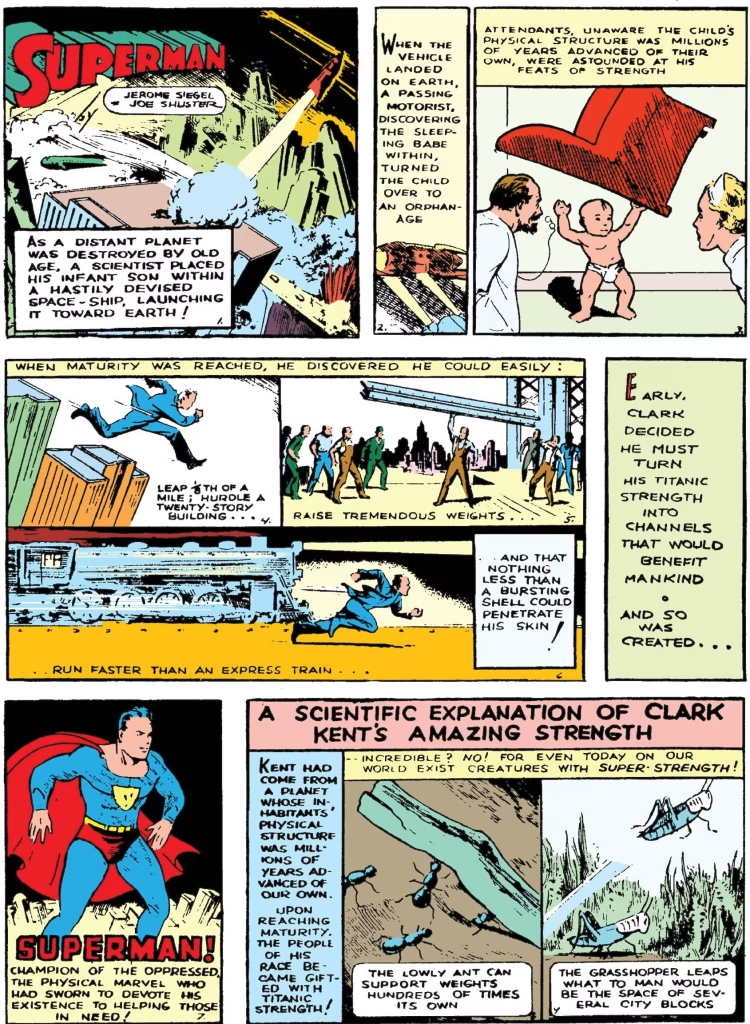
It’s 1938. The economy-shattering Great Depression has endured nearly a decade. We’ve barely recovered from one world war and are already heading for another.
A funny thing happens.
The ‘Superman’ is born, penned into the flimsy newsstand pages of Action Comics #1 in a relatively short comic strip about a man in red underwear and a cape who can leap tall buildings in a single bound.
Nearly a century later, that same man in the same red underwear and cape has just graced our screens in a global blockbuster everyone’s talking about. Even those who haven’t seen it have heard all about it.
A superhero is doing what superheroes were made to do: be a cultural phenomenon, a topic of conversation. An ideal onto which people can project their values of kindness, goodness, and hope. Someone to aspire to, to lift people up, up, and away.
Why 2025 was the Right Time for Superman to Return
The majority of the buzz I’ve seen online following the release of James Gunn’s Superman is overwhelmingly positive. More than just ‘great movie!’ tweets—I’ve heard many remarking that the movie made them feel lighter and love their loved ones a little more. Saying they called their family afterwards. Saying they felt their urge to do good grow a little stronger.
That is the Superman effect, and it always has been. I heard someone say that they missed seeing superheroes actually save people. But Superman’s been rescuing folk since 1938, despite what Man of Steel (2013) would have you believe (not a dig, just an observation).
In an era of disenfranchisement, violence, and political strife, we all could use an uncomplicated saviour who we know will be there for us.
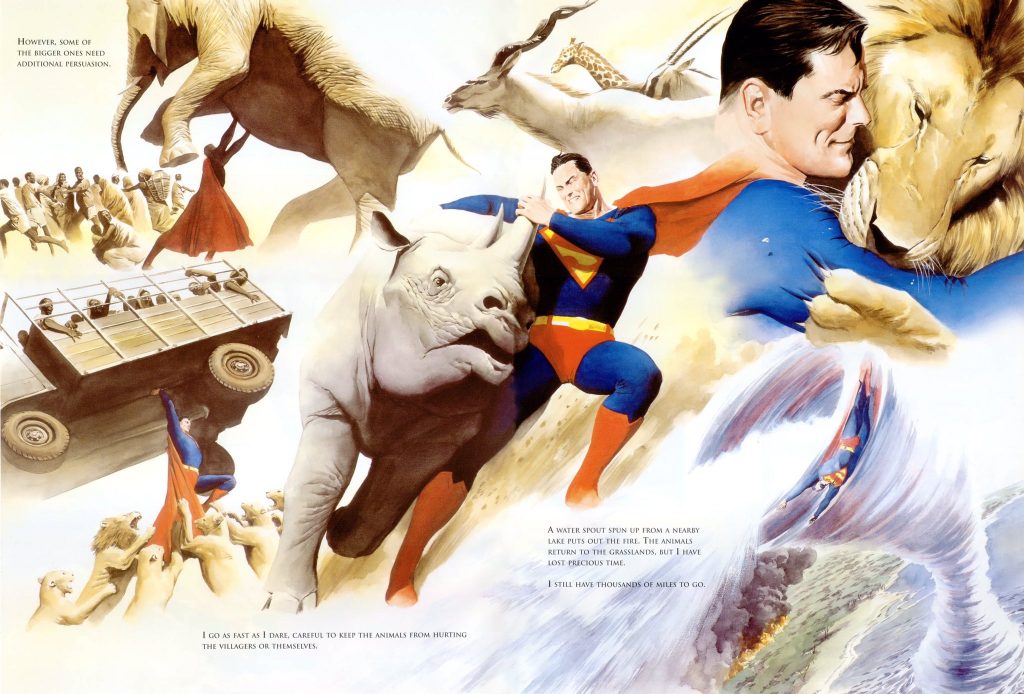
We live in a starkly different—but simultaneously not too dissimilar—world to 1938, when Supes first graced our newspaper stands.
While technological marvels and global interconnectivity have greatly improved overall quality of life, at least on the surface, our natural world faces the consequences for our actions. We are at the mercy of the very technologies that we queued up in droves for.
The economy is about to face its worst crash since the 2000s. AI machine learning evolves every day and is frequently utilised to spread miscommunication, deepfakes, and computer-generated art.
We’ve never had more access to our world—and yet we’ve never felt more alienated within it.
That’s why it’s the right time for a superhero/comic book culture reset, and that’s why Superman—the original, and most enduring superhero—is the one to do it.
The DC Fan Wars Chronicles (2013-?)
Look, there’s no getting around it. DC—and, largely, DC fans—have garnered a pretty bad name over the couple of decades that Marvel built their cinematic empire.
While Marvel made their billions and recruited countless new fans (many of whom had never read a comic book before), DC floundered in its labyrinth of tonal clashes, executive shakeups, and fan wars.
For me, personally, the darkest point in this timeline came when The Rock (Dwayne Johnson) actively campaigned to make his portrayal of Black Adam the focal point of the DC Extended Universe, seeking both star power and creative direction.
Then came The Flash (alongside Ezra Miller’s criminal antics) and the ignominious end of the ‘Snyderverse’. ‘The hierarchy of power in the DC Universe’ did indeed change. Just… not the way the Rock intended.

Yes, DC Comics (and Superman Comics) Have Always Been Good
Comic book culture can be pretty brutal. I try to stay out of the fan wars when I can, there are times when it finds you, drags you in despite your indifference. No, it’s not just comic book culture—it’s the internet. Can’t live with it, can’t live without it, eh?
Throughout all the drama of the DCEU era, all the terrible reviews, all the ‘oh, you like DC, huh?’ comments whenever I brought up my passion, my guts churned. My blood boiled. Why? Because I knew that DC Comics were good.
I’ve known this since my dad got me my first Superman comic as a kid. I’ve known it as I’ve read countless issues of Geoff Johns’ Green Lantern, Tom King’s Batman, Alan Moore’s Swamp Thing, and a multitude of other beautiful, thematically mature works.
There’s a Reason DC is Nearly a Century Old
Actually, there’s many. The breadth of thematic and cultural exploration, the peerless literary and artistic works that live and breathe within the DC multiverse, the sheer vastness of their cast of characters and the fact that anything and everything could happen, meaning there’s literally something for everyone…
I just couldn’t stand that the majority of people weren’t seeing that, that they were seeing the exact opposite. And all because of the unstoppable global influence of production-line motion pictures and the machinations of studio executives and big egos.
But now? Now, a little ray of hope has entered the conversation. Not because James Gunn ‘fixed’ DC with his Superman. Because he helped us all remember what all these stories were for in the first place—why we fell in love with superheroes and comic books in the first place.
‘Ricker Than Fiction’: Beyond the Snyder vs. Gunn Binary
Quick aside: funnily enough, it wasn’t actually seeing Superman (2025) that spurred me to write this rambling article. It was seeing James Gunn and Zack Snyder’s cameos on the seventh episode of season 8 of Rick and Morty, ‘Ricker Than Fiction’, in which Gunn’s character (an exaggerated, villainous caricature of himself) questions whether they, as filmmakers, are losing touch with the audience.
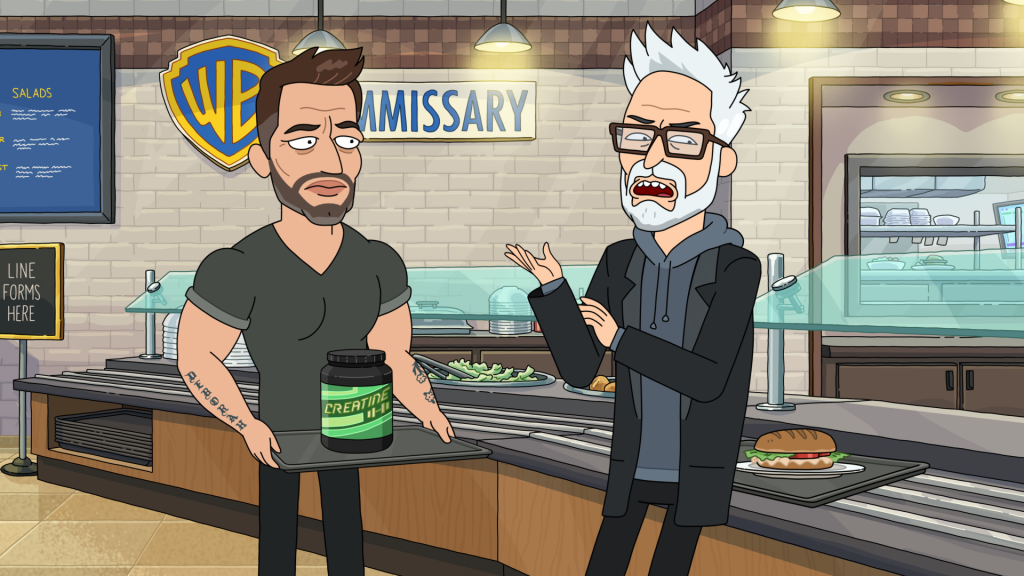
While it’s easy to dismiss the script of the irreverent sci-fi comedy as unserious, that particular line is surprisingly earnest, and it made me pause and ponder it, much like Gunn does in his extended cameo.
Rick and Morty and Zack and James (and Clark)
‘Ricker Than Fiction’ and James Gunn’s Superman released within a week of each other, by no coincidence. They come in the wake of a multi-year online war waged between fans of Zack Snyder’s darker, mythological take on DC’s hottest heroes, and those looking forward to Gunn’s reinvention of the DC Universe as President of DC Studios.
Any internet comment section on the Snyder vs. Gunn topic will paint you an exceedingly hostile relationship between the two camps. But the fact that both directors are completely amicable with each other and able to laugh at their creative tendencies through the satirical lens of Rick and Morty proves that this conflict need not—and should not—exist.
This isn’t a war—and it never had to be.
Making Movies—Especially Superhero Movies—Isn’t Easy
By the end of the episode, Rick Sanchez admits that “making movies isn’t easy. Let’s just stick to being impossible-to-please fans.” It may seem like a no-brainer, but he’s right.
Morty’s subsequent line “let’s go troll some internet comment sections” brings to mind the revelation in Superman that Lex Luthor has his own army of Superman-hating monkeys spamming the internet with vitriol. Talk about foreshadowing. One can’t help but wonder if Gunn supervised the script of Rick & Morty S8E7.
‘Ricker Than Fiction’, for all its irreverence, makes several valid points. Perhaps the most insightful of these is the one that Rick himself admits. It’s that the average person trolling internet comments, claiming that Superman is the worst thing to happen to superhero movies? They have no idea of the amount of work that goes into making them, nor the effect the global pressure cooker that is Hollywood would have on those involved.
We don’t really know what happens behind the scenes. What we see is what we get on the big screen. Is it too much to ask that we just appreciate what we have?
Well, since Superman is kicking off our new DC cinematic universe in a big way, we have—and are going to receive—a lot.
We Didn’t Have Superhero Fatigue, We Had Mediocre Movie Fatigue
When I wrote my previous article on superhero fatigue, I said that it was a symptom of a larger societal concern, that a dismissal of superheroes was a dismissal of hope. That our problems weren’t with comic book culture but about the execution of the projects. That people aren’t sick of heroes, but are sick of being disappointed by them.
Well, James Gunn seems to agree. In a recent interview, he was quoted saying he doesn’t believe in superhero fatigue, but instead in something called mediocre movie fatigue. The long version goes:
“I don’t really think there was ever superhero fatigue. But I do think there was a superhero gold rush for a minute. So I think there was a moment when anything with a superhero in it was making money. Visual effects allowed these movies to really shine and attract people’s attention. After a while, people got sick because they’re like, ‘There has to be something else here for me to see this movie. There has to be outside of it just being another superhero movie. That’s not going to get me by itself.’ A lot of bad movies came out. Now, people need a reason to go to the movies.”
Superhero Movies Are Going to Make Us Care Again
What Gunn and his newest film get right is that comic book movies shouldn’t pander or condescend—they should assume we want to care again. And we (at least I) do.
Example: In Superman (2025), Clark doesn’t just punch alien kaijus or Kryptonian generals. He rescues cats, dogs, and even squirrels. Checks in on people no one else would give a second glance. Mourns deeply every life lost, even and especially those he doesn’t even know.
Superman reminds us that unfortunately, human decency is not naïve but revolutionary. By the end of the film, you can’t help but smile right back at David Corenswet as he listens to tunes, gazing adoringly at footage of his parents (chokes back a sob).
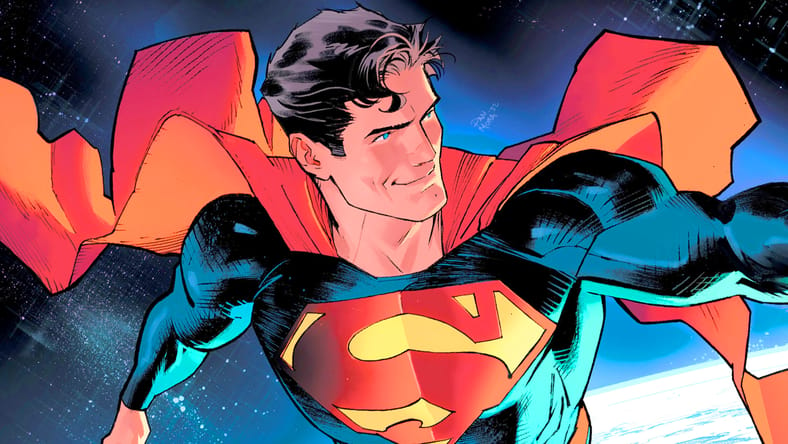
What Does Superman Mean for Superhero and Comic Book Culture Going Forward?
If Superman succeeds long-term—and it already has (at least critically)—it will validate the idea that hope still sells, even in an era where it’s become a limited commodity.
As I said earlier, we can already see the impact the film’s having on broader popular culture. I can’t remember the last time I saw people adopt such an avid interest in comic books.
As a long-time defender of a medium that’s not often taken seriously, it feels… really weird. But warm and fuzzy, kicking my feet weird. It’s going to take some getting used to.
Superman Will (Hopefully) Make DC AND Marvel Great—Together
Turning back to the talkies, Superman features several other DC heroes with long comic book histories. Namely: Guy Gardner (Green Lantern), Mr Terrific (who gets his own James Gunn needle drop that’s already made him a fan favourite), Hawkgirl, Metamorpho, and more. It’s a pre-existing, lived-in universe, and we can really tell. Who knows who else is flying around?
The film has reinvigorated the idea of the DC ensemble film (after the abysmal Suicide Squad (2016) and Justice League (2017) films). It places Clark Kent at the thematic centre of the new DCU, as he is in the comics.
While Superman’s legacy might not be in sequels (Gunn stated that a follow-up to Superman would not necessarily be a straight-up sequel), it has definitely served to redefine audiences’ expectations of what superhero films can feel like.
Superman has General Audiences Engaged with Comic Book Culture Again
It’s somewhat thrilling to be at the start of a new age of comic book culture. It feels akin to the MCU’s beginning in some ways. That excitement for upcoming projects, counting down the days until release dates.
Namely: Supergirl, Lanterns, Brave and the Bold, Mister Miracle, The Batman Part II (if it ever comes!). Even Clayface, an R-rated horror flick about a lesser known Batman villain, is generating interest. My personal most-anticipated is the animated Dynamic Duo film featuring Nightwing and Red Hood.
Not to be a demanding fan, but my wishlist also includes a Swamp Thing/Poison Ivy crossover, a true World’s Finest film (with Robin/Nightwing, of course), and—I’m willing to wait as long as it takes for this—a true, authentic Justice League movie. One can dream, right?
After the Lukewarm Reception to Phase 4-5, Marvel is Taking Notes
On the other side of the camp, even Kevin Feige (head honcho over at Marvel studios) has commented on the success of Superman.
“Look at Superman, it’s clearly not superhero fatigue,” he asserted. “I think James has had an influence on us, and we had one on him. We texted. I was telling him how much I loved the movie. And he said ‘Wouldn’t exist without you guys.’” I think studios see every other studio as competition. Right now in our business, I root for every movie. I want every movie to succeed.”
It’s encouraging to hear brotherhood and camaraderie between the two studio heads. All signs point to a turn for the better regarding comic book films and TV. Maybe, just maybe, one day, we’ll even get that Marvel/DC crossover film. Just so long as Feige and Gunn remain buddies. And nobody brings up decade old tweets again.
So, what does Superman mean for superhero and comic book culture? Only very good things (I type, with every finger I have tightly crossed behind my back).
At the End of the Day, Is Superman a Good Movie?
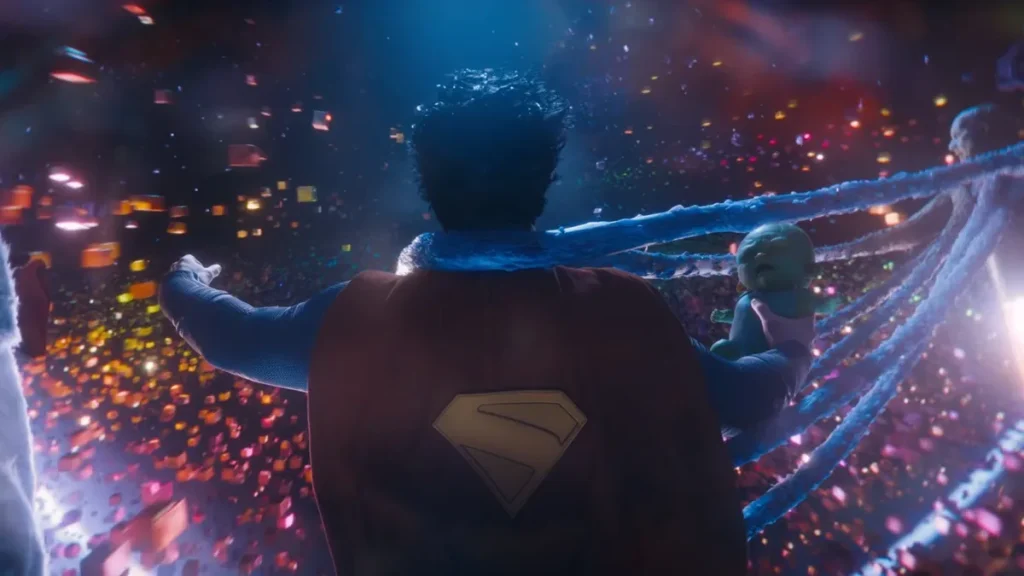
Why, yes, it is. But you already knew that. Unless you’re one of Lex’s hate monkeys, in which case, well, nobody comments on my website anyway, so you’re welcome to try your best).
Is it the best comic book movie of all time, or a flawless cinematic masterpiece? No, and it’s not trying to be. But is it an excellent start to a new, more comic-book-inspired DC Film Universe? Absolutely.
Gunn’s Superman a soulful, energetic ride that is completely unembarrassed to be a comic book movie. It’s campy and ridiculous at times, just like the comics it’s directly based on. Often, it’s unapologetically political, too, sprinkling in healthy servings of cultural critique and current events.
And, it’s the first superhero movie in years that seems to be making people feel better about the world. Not because it ignores what’s wrong with it, but because it makes us believe that we can fix it.
So, here’s this grateful fan signing off, not fatigued, but hopeful for what’s to come.
Enjoyed this post? Why not subscribe to the newsletter, or as I like to say, enlist in the guild? Simply add your name and email and I'll make contact when the next post is ready. Until then, cyberspace adventurer...
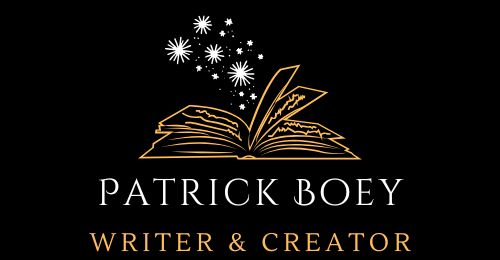
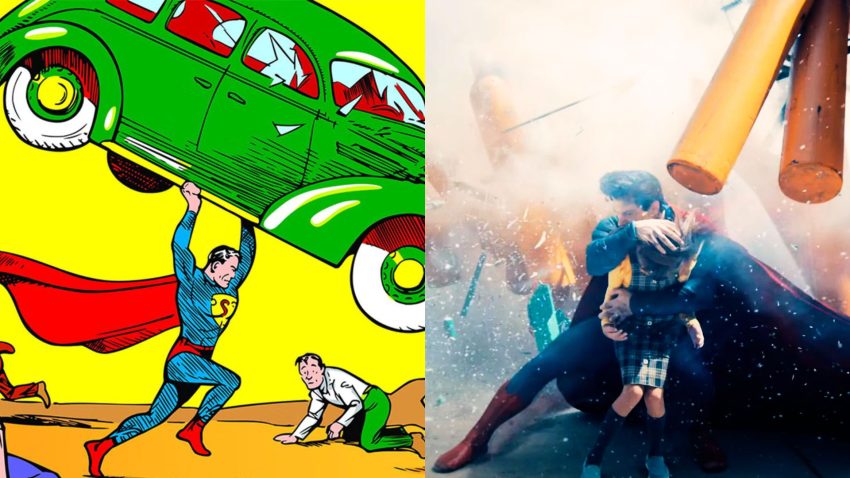
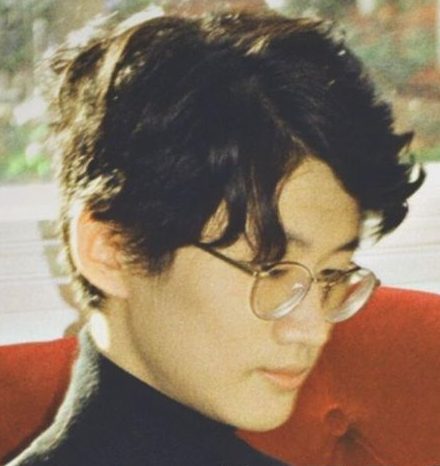
Dia duit, theastaigh uaim do phraghas a fháil.
Dia duit to you too, my friend.
It’s refreshing to see that the love for Superman is transcending age and generations. People aren’t just waiting for the next movie; they’re diving into the original comics to understand the roots of the character. It’s a great reminder that the medium itself has always had a timeless appeal.
Absolutely. As a lifelong comics reader, it’s super encouraging to see this revival of interest. Everyone is starting to see what us fans have known all along, and that feels… super.
Salam, qiymətinizi bilmək istədim.
Hai, saya ingin tahu harga Anda.